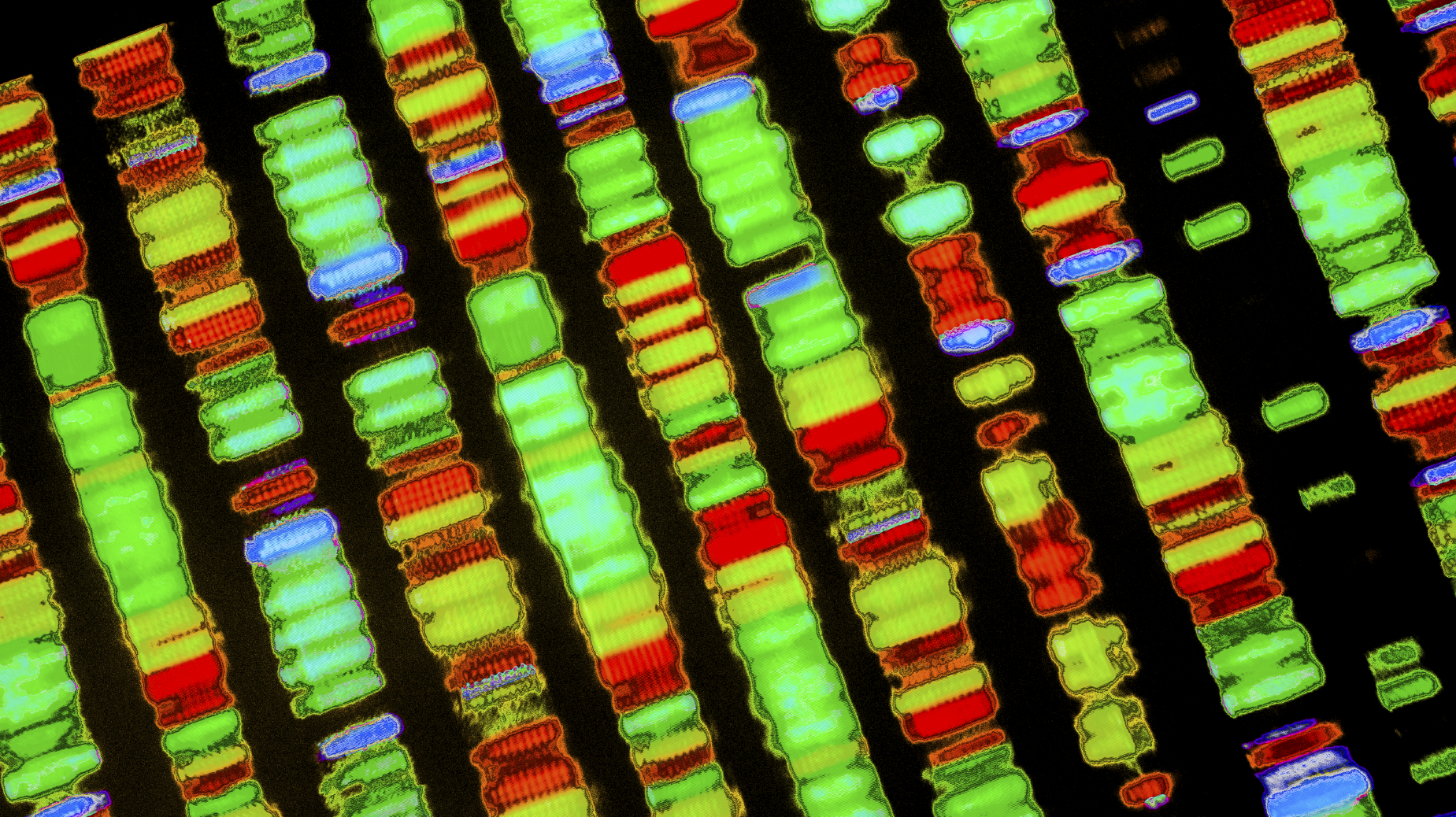Solid Bio hit as FDA slaps clinical hold on DMD gene therapy

The FDA has placed another clinical hold on a gene therapy for Duchenne muscular dystrophy developed by Solid Biosciences, pulverising its share price.
The halt of the IGNITE DMD trial was prompted by a serious adverse event in the sixth child to receive SGT-001, Solid Bio’s lead DMD gene therapy candidate, and the third to be treated with the highest dose (2x1014vg/kg) that will be tested in the study.
The seven-year-old boy had a reaction that was characterised by complement activation, thrombocytopenia, a decrease in red blood cell count, acute kidney injury, and cardio-pulmonary insufficiency, but according to Solid Bio’s chief executive Ilan Ganot is responding to treatment.
The latest halt comes after another clinical hold was placed on the trial last year after another serious adverse event was seen in the first patient to be treated with SGT-001 at a lower dose (5x1013vg/kg), once again involving complement activation and reductions in platelet and red blood cell counts.
On that occasion treatment with Alexion’s complement inhibitor Soliris (eculizumab) resolved the toxicity and the hold lasted only a few weeks. However, given the history investors are clearly worried that the FDA may not be minded to remove it so quickly on this occasion.
Solid Bio was reluctant to say whether the latest side-effect case required treatment with Soliris, either to treat the reaction or prophylactically, but said that the protocol of the trial had been amended to allow the drug to be used if needed.
There are fears that following disappointing results at the lower dose level in IIGNITE DMD, a safety issue at higher doses could scupper the programme.
Shares in Solid Bio plunged almost 72% in the wake of the announcement to a little over $3, a fraction of its 52-week high of $33.
Ganot said on a conference call that the company would work with the FDA in an effort to resolve the hold and determine next steps for IGNITE DMD. Data on two other patients who received the higher dose of the gene therapy should be available before the end of the year.
SGT-001 is a synthetic version of the DMD gene that produces dystrophin, a protein found in cardiac and skeletal muscles that is important for normal function, delivered using an adeno-associated virus (AAV) vector.
It aims to deliver a shortened but still functional version of dystrophin – called microdystrophin – to counteract the deficient production of the protein in muscles.
Shares in Sarepta – one of Solid Bio’s closest rivals in the race to bring a DMD gene therapy through development with its SRP-9001 candidate – were up nearly 6% in the wake of the announcement.
A study of another DMD gene therapy – Pfizer’s PF-06939926 – was also temporarily halted earlier this year after complement activation-related reactions including kidney injury were seen in one of six patients treated with the candidate.
Pfizer has indicated it intends to press ahead with a phase 3 trial of the therapy.













